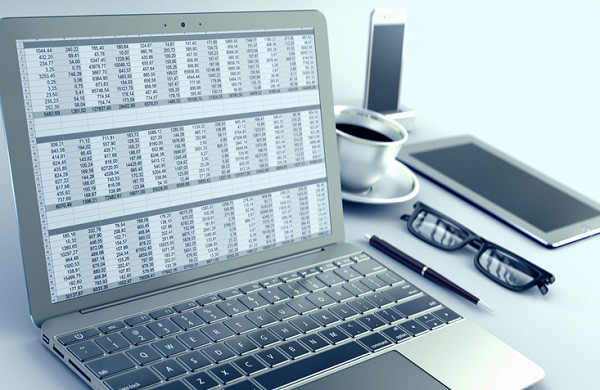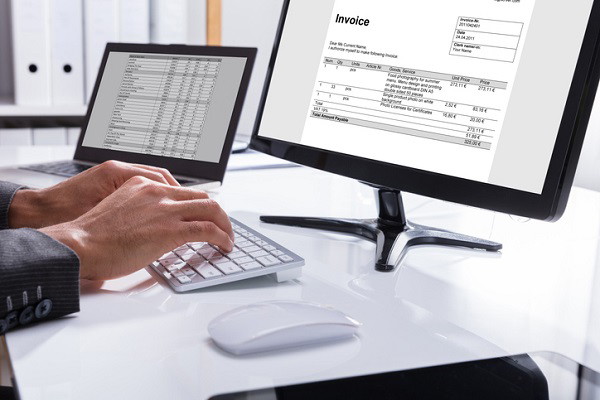
As increasingly sophisticated technology has made bookkeeping a much more efficient and streamlined process, the ways that bookkeepers and other accounting professionals do their jobs, as well as the scopes of those jobs, have changed substantially. The days of hand-written ledgers, overflowing filing cabinets and long nights spent hunched over a calculator are long gone, and in their place, we see highly advanced and user-friendly software like Excel and QuickBooks, cloud-based computing and even on-the-go mobile accounting using smartphone apps.
If you’re interested in pursuing a career as a bookkeeper, accounts receivable clerk or any other type of accounting professional, here’s what you should know about how technology has transformed the field.
The Development of Computerized Spreadsheets Changed Accounting
In the 1970s, bookkeepers and other accounting professionals were still expected to laboriously input debits and credits by hand in ledger books. This began to change in 1979 with the release of VisiCalc (short for “visible calculator”), the first spreadsheet program developed for personal computers, which quickly became a staple of accounting offices. Not only did it save significant time in the accounting process, but by making the process so much more efficient, it also allowed accounting professionals to start engaging in predictive modelling, testing how different courses of action – buying new equipment or hiring new staff, for example – might affect a business’s bottom line.
Although there were initially fears among some accounting professionals that the software could eliminate jobs, it ultimately made their roles even more valuable, and was a major development in how businesses used computers.

Specialized Software is Now Standard across the Field
Technology has come a long way since the release of VisiCalc, with ever-more-advanced spreadsheet and accounting software being released each year.
This software has made bookkeeping much more efficient and accurate, reducing the possibility of human error. Changes in spreadsheets no longer require painstaking recalculations, but can be processed instantly and automatically simply by entering the right information into the right field.
This means that you no longer need to be a math whiz to be successful in financial accounting college or a career in accounting, as that particular element of the job has been largely automated. While basic math skills are still required, accounting professionals now rely more on a keen eye for detail and a robust knowledge of the necessary computer applications to thrive in their positions and deliver quality results for their clients.
More Recent Technological Changes You’ll See in Your Financial Accounting Career
Beyond spreadsheets and dedicated accounting software, more recent technological developments are also having a significant impact on the field.
One example is the development of cloud-based systems. These allow files to be stored remotely and accessed from anywhere with an internet connection, meaning bookkeepers and other accounting professionals no longer have to go to offices and physically search through filing cabinets to find the information they need. Financial statements, paystubs, receipts and other relevant documents can all be conveniently stored and accessed online, allowing for the transition to paperless offices. With advances in telecommunications and collaborative software, this has also increased opportunities for remote work and telecommuting.
For anyone considering a financial accounting career, technology has greatly expanded the possibilities available, and helped make the field more dynamic than ever.

Are you interested in a career in financial accounting?
Contact Discovery Community College for more information about our Business Accounting courses.
